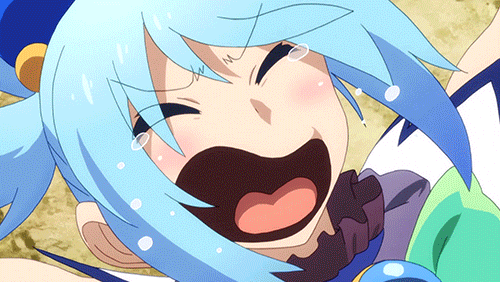saxitoxin wrote:The Mayor of Sheboygan, Wisconsin travels around with no bodyguards. I'm fairly certain that is probably more an indicator of the influence of Sheboygan in global geopolitics and the mayor of Sheboygan's relative power, than a sign that the mayor of Sheboygan is loved by the masses or that Sheboygan is a utopia-on-earth.
So, yeah, this ...
Dukasaur wrote:The prime minister of Canada, like the prime minister of Britain, is able to travel around with just a handful of bodyguards.
... sounds like it could be right.
That's part of the answer, but it's not the whole answer.
In WW II the disparity in power between Britain and the U.S. was much smaller than it is today, and yet the difference in security details was enormous. Churchill travelled about with two bodyguards, only one of whom was actually on duty most of the time. Franklin Roosevelt never had fewer than twenty Secret Service men guarding him, and usually more. The U.S. was the larger partner in the Atlantic Alliance, to be sure, but the disparity was definitely not 10-to-1.
The real answer, I think, is the same as the answer to question of why British-style democracies tend to persist, while other democracies tend to rapidly spiral toward dictatorship. It has to do with the Separation of Government and State, a concept every bit as important as the Separation of Church and State. Humans, unfortunately, as a residue of our tribal origins, tend to develop irrational feelings of love or hate towards our leaders, and leaders have always exploited and manipulated those feelings to enhance their power.
In the British system of government, however, a leader attempting to manipulate those feelings has very little to work with. The Head of State is the Monarch, a figure of enormous symbolism but little real power. The Head of Government is the Prime Minister, a figure of substantial power but very little symbolic or ceremonial importance. In a Republic, where the Head of State and Head of Government are the same, the manipulation becomes much easier. With every crisis, real or imaginary, a few more "Emergency Powers" are granted to the President, and before long he can rule by decree and pretty much ignore the will of the Legislative body.
"The President of the United States, the Most Powerful Man in the World" is how Americans describe their president, always speaking in breathless tones as if they were nearing orgasm, or pronouncing the name of YHWH. "The Most Powerful Man in the World" has all-but become a mandatory part of the title. With good reason. Like the Egyptian Pharaohs, the President has a status nearing that of the Gods. He is loved or hated, but never ignored. This is a prescription for despotism.
The Prime Minister of Canada or Britain is seen as just another average joe. On rare occasions, if he's very charismatic, he might be mildly loved or mildly hated, but most of the time he's seen as just the country's highest-ranking bureaucrat. There's no breathless anticipation when he comes to town on a campaign stop. All the irrational feelings are diverted toward the Monarchy. All the irrational love, all the irrational hate, all the pomp and ceremony, are chanelled toward a harmless conduit in the person of the Queen (or King).
Preservation of the monarchy is essential to preservation of democracy, because of its value in diverting people's irrational emotions towards a harmless conduit. Perhaps in another million years we will have evolved to the point where we no longer respond emotionally to our leaders, but in the meantime we need a mechanism for preventing the rascals in power from exploiting those emotions and gaining unearned power. Commonwealth nations like Pakistan that abandoned the monarchy became dictatorships soon afterward; without that protective conduit a people is defenseless against the accrual of emergency powers by the President. France's First Republic was an absolute dictatorship within 5 months of the execution of the King.
saxitoxin wrote:Dukasaur wrote:England devised the only stable democracy in history.
I'd also like to add to the list of great English achievements: architecture, geometry, and the Socratic method.
Ancient English gods like Apollo and Zeus even helped England conquer Troy.
The Athenian democracy is a perfect example. Despite some proto-democratic developments earlier, it can not be said to have been a true democracy until Cleisthenes' reforms in 508 B.C. By the time the Delian treasury was raped in 453 B.C., it was more of an imperialist corporate state, very much the equivalent of the modern U.S. By 404 B.C., it was extinguished utterly. So, the famed Athenian experiment with democracy lasted 104 years at best, and 54 years by a more stringent interpretation. Very few people realize just how briefly that particular candle shone.
The Athenians can get credit for striving toward a stable democracy, but they certainly failed to achieve it.



































































































